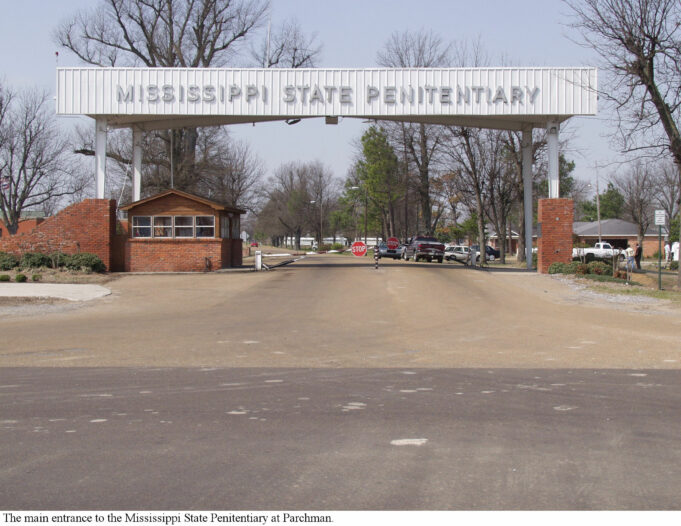Horrendous, shameful constitutional violations in U.S. prison found by Justice Department
by Michael Z. Muhammad and William P. Muhammad
Conditions and practices at the Mississippi State Penitentiary, also known as Parchman, violate the Eighth and Fourteenth Amendments to the United States Constitution declared the Justice Department in a recent report, which followed a two-year-old investigation.
As disturbing as the findings are, the question is, what if anything will be done about it?
Routine violations of Parchman prisoners’ constitutional rights, include:
• failing to provide adequate mental health treatment to people with serious mental health needs;
• failing to take sufficient suicide prevention measures to protect people at risk of self-harm;
• subjecting people to prolonged isolation in solitary confinement in egregious conditions that place their physical and mental health at substantial risk of serious harm; and
• failing to protect incarcerated people from violence at the hands of other incarcerated people.
Lawsuits filed by Team Roc in January 2020 detailed the conditions in the Parchman facility as “so barbaric, the health and mental health care provided so inadequate, and the security so poorly enforced that the inmates there live a miserable, hopeless life confronted daily by the imminent threat of substantial harm in violation of their constitutional rights.”
Alicia Netterville, a Mississippi lawyer and criminal justice advocate, was not surprised about the report’s findings. She told The Final Call the findings confirm what lawyers, advocates and organizations have been complaining about and problems that needed to be solved.
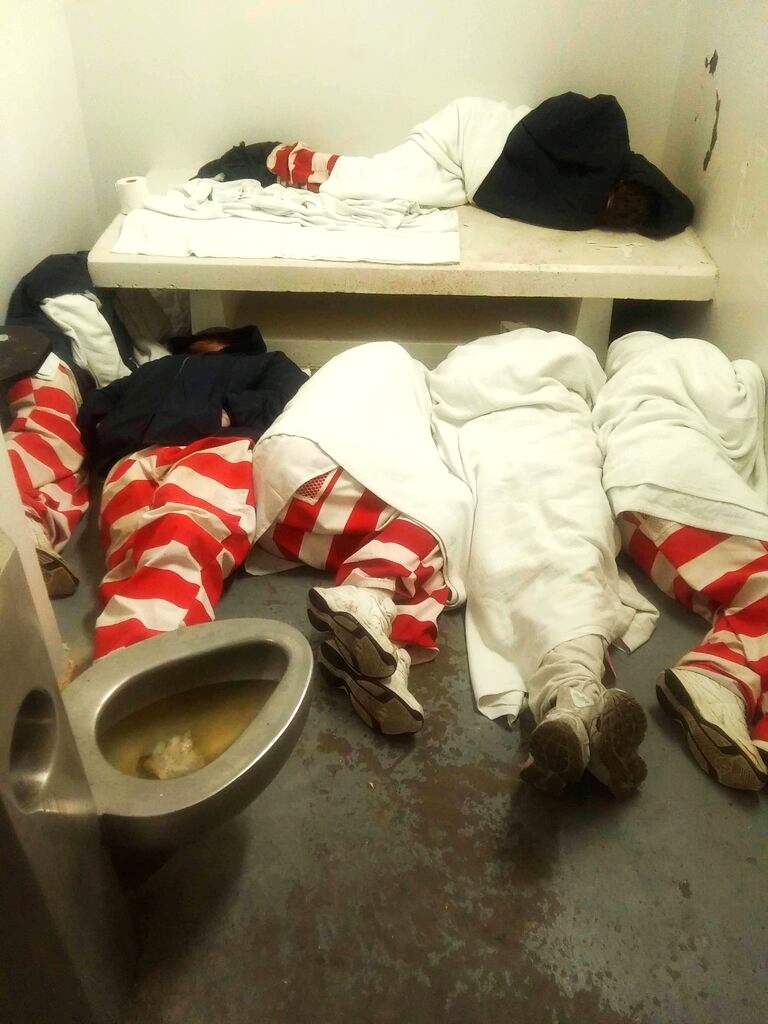
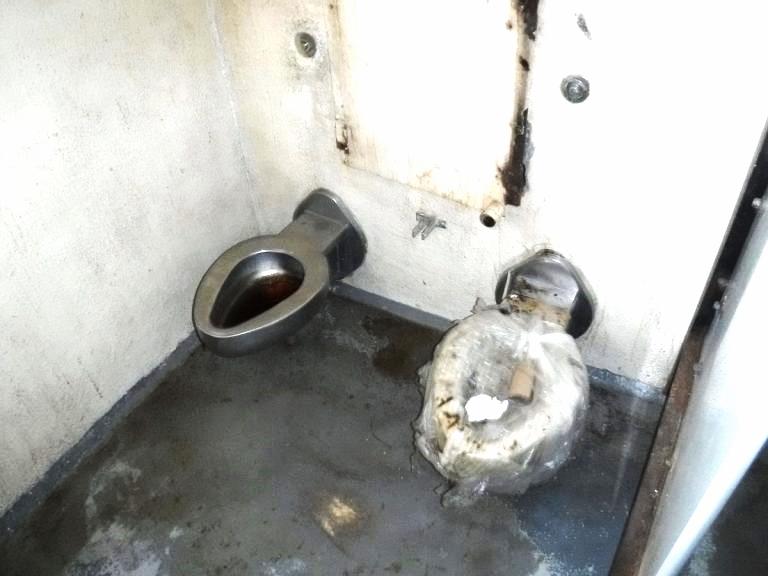
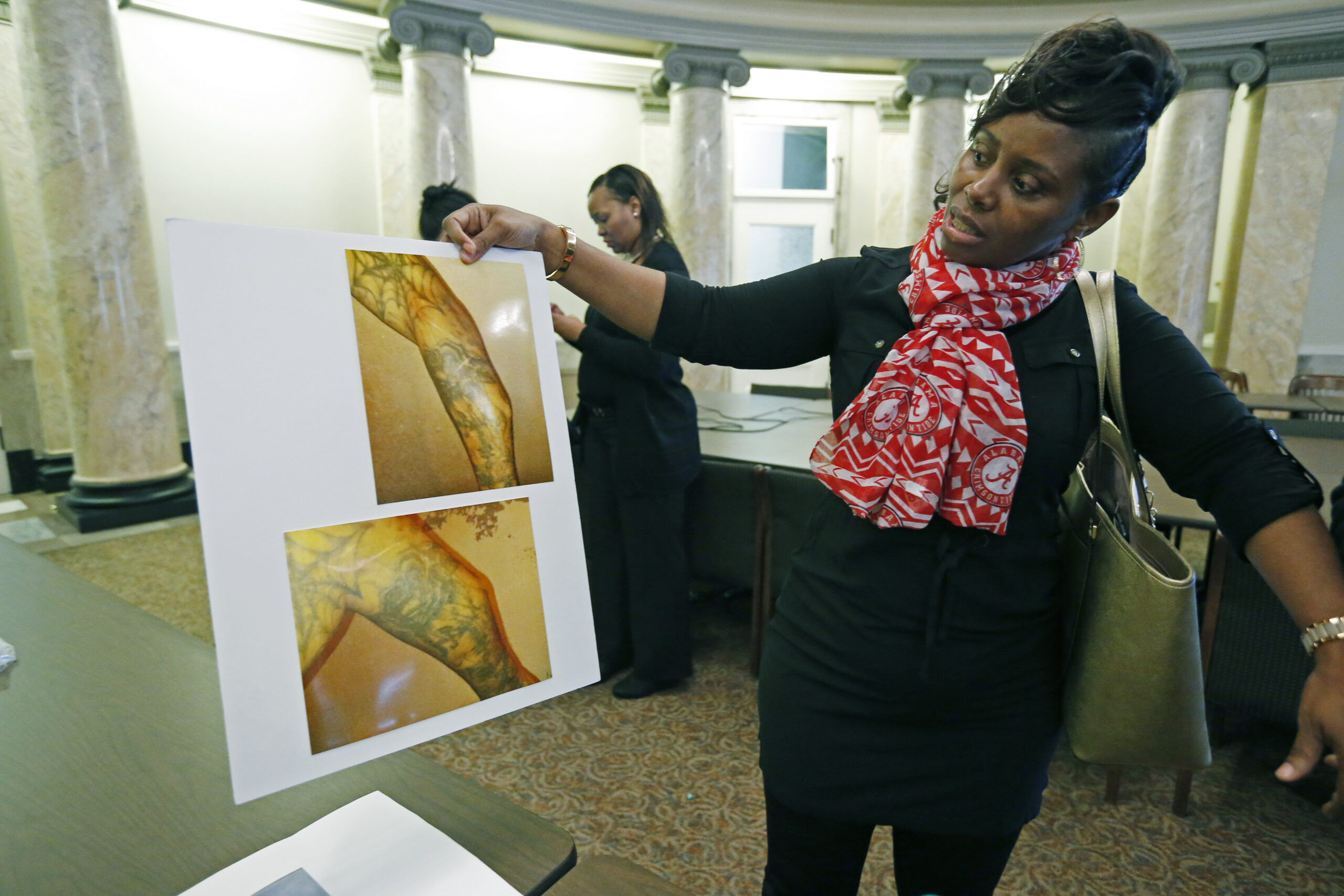
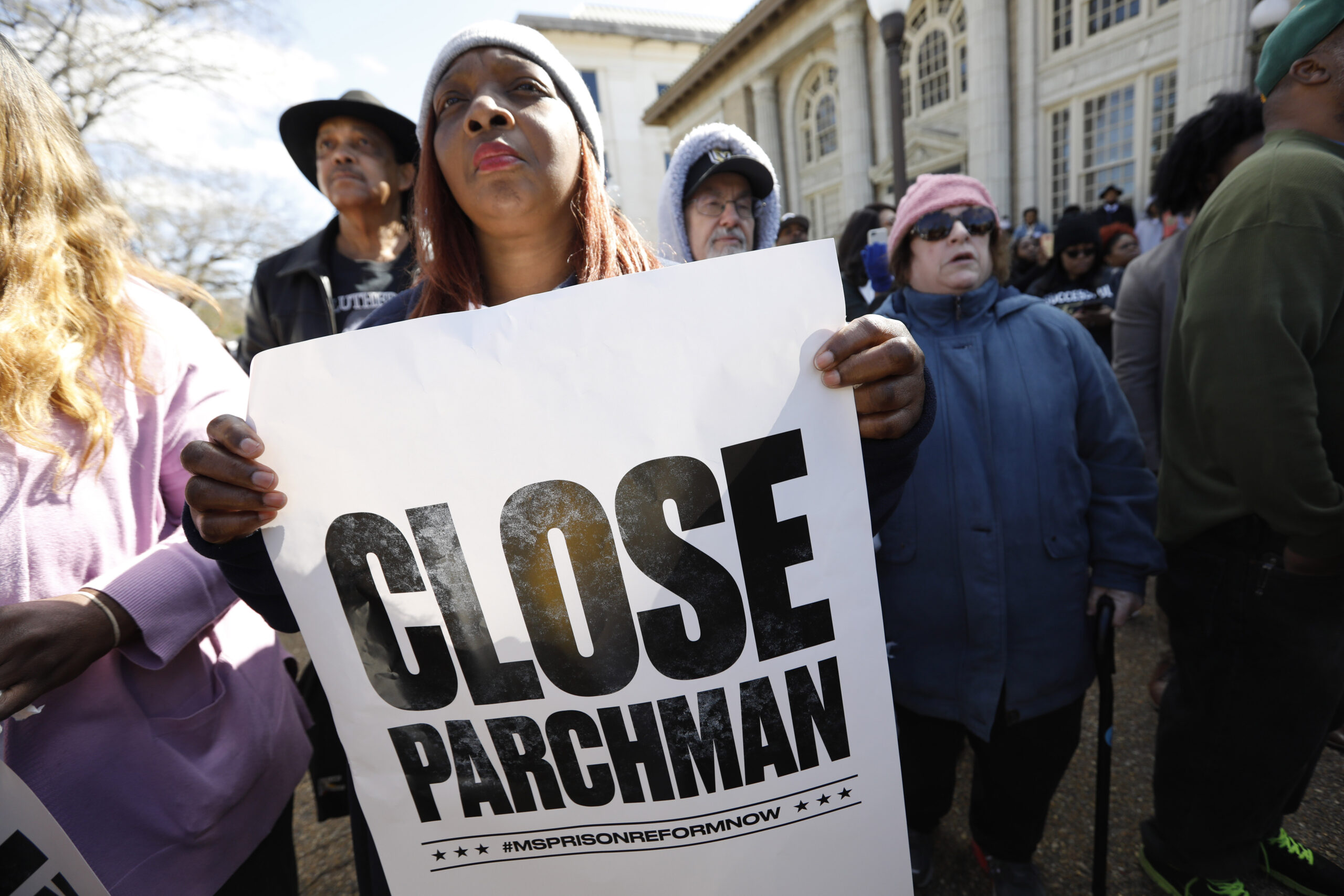
She detailed some of the report’s recommendations: significant changes in the way the Mississippi Department of Corrections (MDOC) is staffed; extensive screening and training; a classification system to protect incarcerated persons from risk of harm; a revision of the mental health screening process and providing timely medical treatment.
“The report says that if MDOC does not rectify these problems, that they could file a lawsuit 49 days after the release of the report. So, where we are right now is waiting to see what action MDOC will take to remedy these problems and whether or not DOJ will file a lawsuit,” Ms. Netterville explained. “It’s kind of unfortunate that this came out after the legislative session, because it will require policy changes at all levels, not just at the administrative level.”
This is the Mississippi Dept. of Corrections’ opportunity to make it right before being forced to spend exorbitant amounts of money on litigation just to do the right thing anyway, she said. She also noted that the prison system and criminal justice laws are in such a state of disrepair that federal intervention is the best that can happen at the moment.
“The incarceral system has a lot of power to do the right thing or not to do the right thing. So, it’s just an unfortunate situation that some—including myself—people believe that Parchman is too far gone to even make these changes,” she stated. “Parchman just needs to be closed. It’s not just about the things that the correctional officers do or the suicides or murders. It’s also about the horrible living conditions. For some reason, our state officials and our MDOC officials are content and comfortable with having human beings living in conditions that I don’t believe are fit for animals.”
The current problems at Parchman echo back to its origins as a slave plantation. Ms. Netterville noted the facility has never been humane or favorable to the people incarcerated there. She hopes Parchman doesn’t become another Walnut Grove, a correctional facility shut down due to constitutional violations. It has now been reopened and had reports on mistreatment and a possible plan for extended solitary confinement.
Jaribu Hill, of the Mississippi Worker’s Center, said one of the strongest tools for dealing with the problem is to place state prisons and corrections under a federal lawsuit and federal consent decree, which has been done in the past. Under a consent decree, the federal government would take over the state prison system or appoint someone to monitor state corrections on its behalf.
But, she stressed, the wording of any consent decree is critical. The language should be strong enough and specific enough to address what is happening and not be undermined at some point through politics or a change in federal administration, said Ms. Hill. The decree should cover the entire Mississippi Dept. of Corrections, not just Parchman, and investigations should be more than an exposé, “they should lead specially to policies enforced from the highest levels,” she added.
The people of Mississippi must make Parchman an international issue and not a local, state, or regional issue, Ms. Hill continued. Pressure can be maintained by keeping the spotlight on conditions at Parchman as violations of international human rights, which draws attention and scrutiny outside of America, said Ms. Hill, who is also convenor of the Southern Human Rights Organizing Conference.
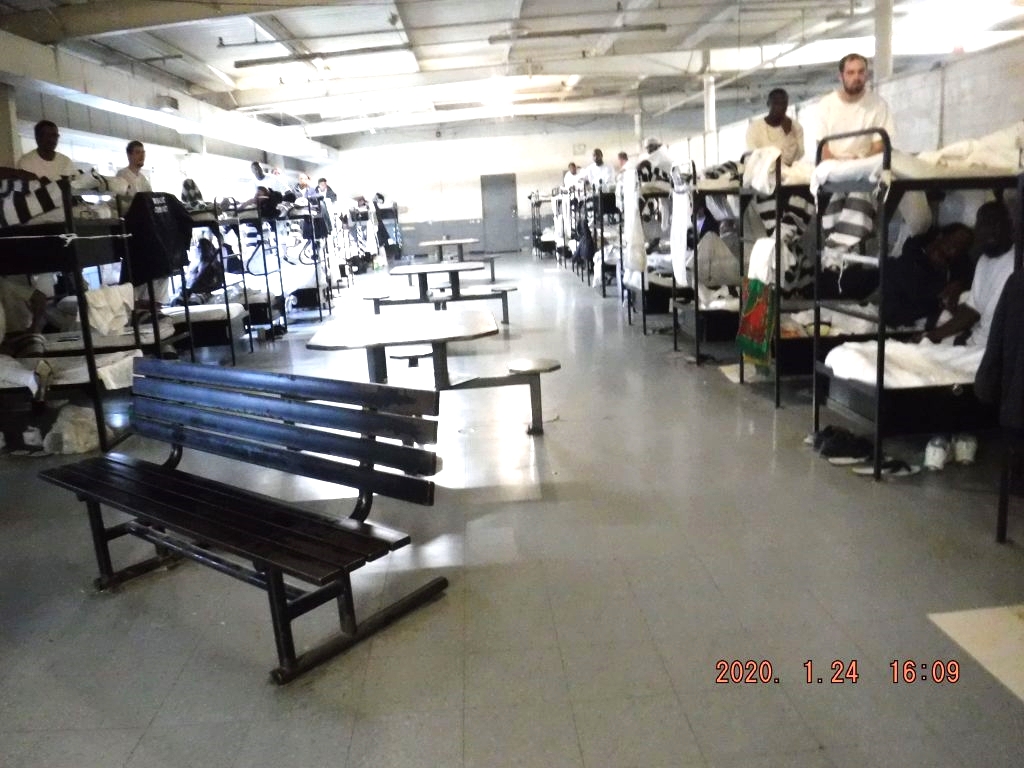
Lawsuit sparks federal response
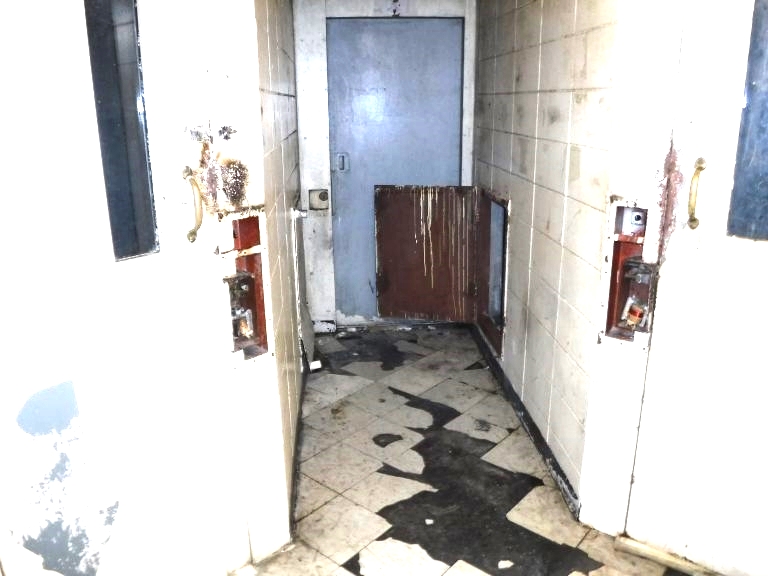
Legal action on behalf of 152 inmates resulted in federal action. The Justice Dept.’s investigation began in February 2020.
The lawsuits that sparked federal action were filed by Shawn “Jay-Z” Carter, the hip hop mogul; rapper Yo Gotti, and Team Roc, the social justice division of Jay-Z’s Roc Nation.
Human and civil rights attorney Nkechi Taifa, a Washington D.C. based justice advocate, told The Final Call the Justice Department’s findings at Parchman demonstrate not only clear violations of the rule of law and official corruption regarding the application of justice, but also hypocrisy on the world stage.
“It’s a blasphemy for there to be criticism of other countries when the United States needs to look in its own backyard and see the abuses,” Atty. Taifa said.
“It’s been over 50 years since the Attica (prison) rebellion in upstate New York, which (inmates) rebelled for just basic human rights, just basic humane conditions of confinement and we still have the situation where these same egregious conditions of confinement are right here in U.S. prisons.”
According to attorneys for the plaintiffs, the lawsuit, filed in the United States District Court’s Northern District of Mississippi Greenville Division, said that grave conditions existed within the maximum-security facility and that appropriate oversight was needed immediately to avoid further harms committed at that time under the state’s lack of supervision.
“Plaintiffs’ lives are in peril,” wrote Lawrence S. Blackmon of the Blackmon Firm, PLLC in the first paragraph of the suit’s preliminary statement. “These longstanding problems have in recent weeks reached a boiling point that imperils Plaintiffs and places them in imminent danger of serious injury,” stated the lawsuit. It went on to describe an unusual number of deaths occurring from violence at Parchman just weeks before the lawsuit was filed.
On top of the horrendous and inhuman conditions inside the prison, Atty. Taifa argued with the Covid pandemic, incarceration within the walls of Parchman is worse than enslavement when it was a plantation.
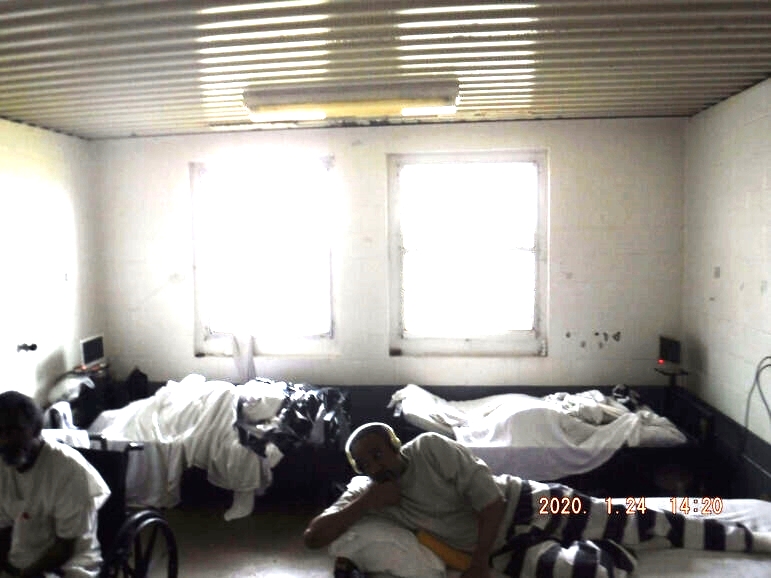
“This is not something that you would really wish on your worst enemy,” Atty. Taifa said of what she described as a living hell. “It’s no wonder to me that there are issues dealing with mental health, so there really needs to be ways to make sure that when people are subjected to things that cause them to be unbalanced that they not be subjected to further violence.”
“Years of MDOC’s deliberate indifference has resulted in serious harm and a substantial risk of serious harm to persons confined at Parchman,” the report from the U.S. Justice Department’s civil rights division stated. The report added that “unfettered access to contraband” and “uncontrolled gang activity” in part resulted from “gross understaffing” and inadequate supervision.
Announcing her findings by conference call, Assistant Attorney General Kristen Clarke said that for the first time the Justice Department considered the use of solitary confinement for persons without serious mental illnesses as unconstitutional. Other state prisons within the Mississippi Department of Corrections system remain under investigation, including the South Mississippi Correctional Institution, the Central Mississippi Correctional Facility, and the Wilkinson County Correctional Facility.
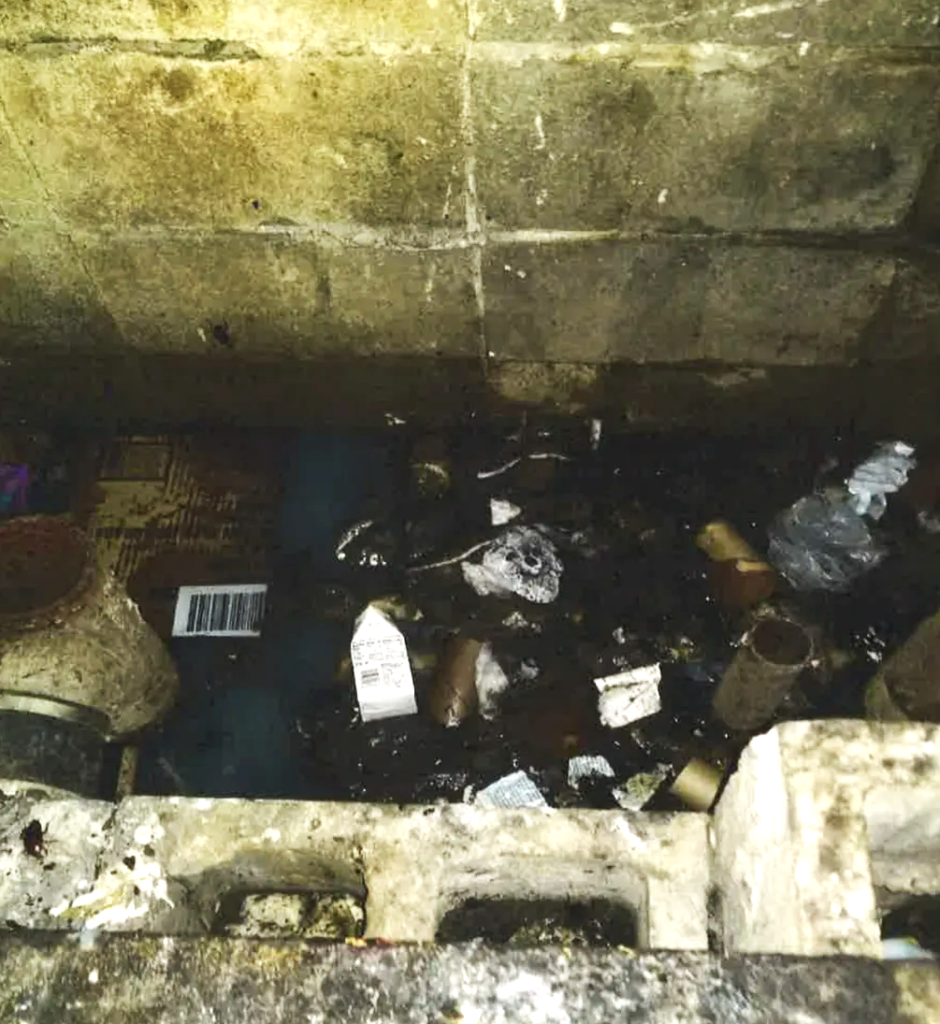
In his landmark book, “Message to the Blackman in America,” the Most Honorable Elijah Muhammad of the Nation of Islam wrote of the evil bred by corruption and of how the corrupt are incapable are giving justice.
Abdullah Muhammad, Student National Prison Reform Minister for the Nation of Islam, told The Final Call that the Teachings of the Hon. Elijah Muhammad under the leadership of the Honorable Minister Louis Farrakhan is the best lens through which the problems of mass incarceration and government abuses may be viewed.
Sharing testimonies of mothers traveling to Parchman to investigate the rumored deaths and injuries suffered by their loved ones within its walls, Student Minister Muhammad shared examples of what he called “callous indifference” by prison staff. He likened the treatment of inmates to less than that given animals and said that hell is a condition of life made by the wicked. He also praised the efforts of Jay-Z and Yo Gotti in what he called a righteous battle for freedom, justice and equality as American society continues to unravel.
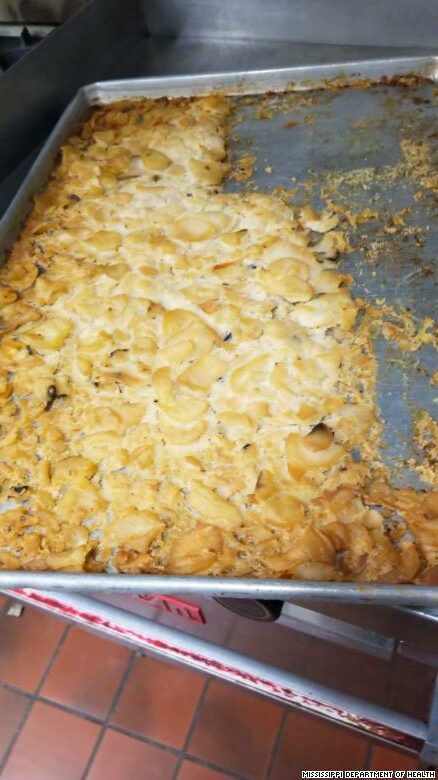
“By us being deprived of the knowledge of our own nature, and the knowledge of the nature of our captors, we are blind in prison and (we) cannot see beyond the condition of hell,” Student Minister Muhammad said of those locked within “innumerable prison houses in the North as well as the South.” He added that once the blind gain sight, they will see the value of separation and that only through faith in Allah (God) will they find redemption.
Mississippi has the second-highest incarceration rate in the world, according to “States of Incarceration: The Global Context 2021.” The Vera Institute’s Incarceration Trends in Mississippi reported that Black people made up 39 percent of Mississippi residents. In comparison, Blacks are 57 percent of the people in jail and a staggering 62 percent of those in prison.
When gang violence exploded at Mississippi’s State Penitentiary at Parchman and other state prisons approximately two years ago, resulting in at least 12 inmate deaths, it came as no surprise to prison rights activists, advocacy groups, families of those incarcerated and those behind bars.
Even then, cell phone photos from those inside, relentless activism and investigations from prison authorities revealed, among other things, a profusion of rats, mice, insects and other vermin; sometimes ankle-deep raw sewage in bathrooms, cells and common areas; broken toilets and sinks, and entire sections in the facilities in darkness due to electrical problems.
Prison reform activists and family members held demonstrations and rallies and some tried to visit state legislators at the Mississippi state capitol in Jackson, and others tried to find ways to pressure lawmakers to do their jobs.
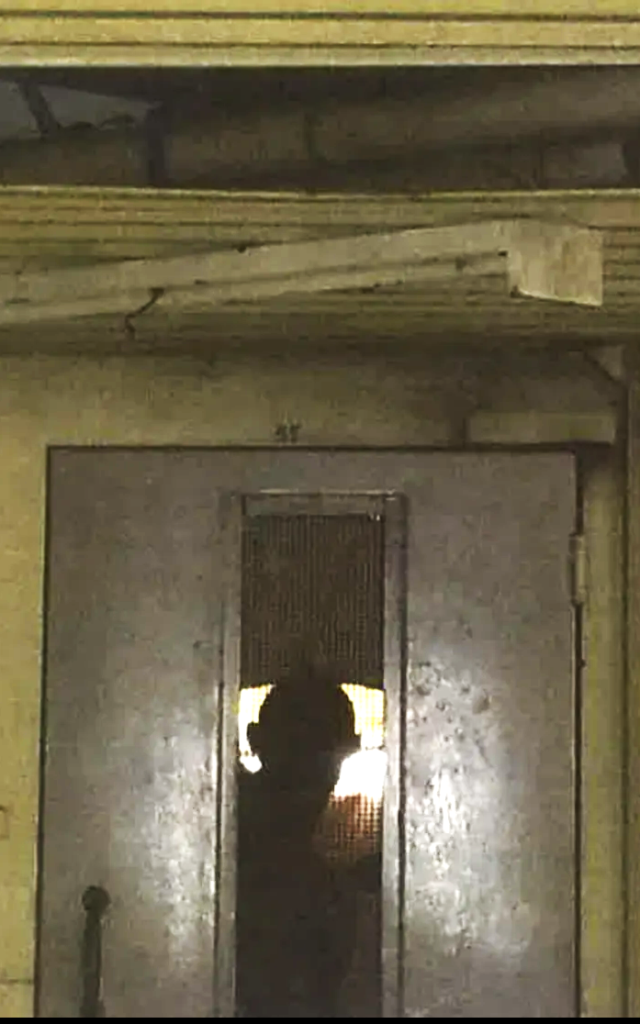
The oldest prison in Mississippi, Parchman opened in 1901 and is the only maximum-security prison in the state. The 18,000-acre facility is a monument to the sordid legacy of Jim Crow racism and discrimination that remains embedded in Mississippi’s DNA. Prison reformers and advocates, incarcerated men and women, and others have filed lawsuits for decades to demand state officials deal with the troubling violence, unsanitary kitchens, mold, mildew, water contaminated with feces, and the overall problem of decaying, decrepit, and hazardous conditions.
This sounds familiar because it is all too familiar with federal findings spanning from Alabama to Mississippi and beyond.
During a previous interview with The Final Call, Bennu Hannibal Ra-Sun, a member of the Free Alabama Movement, an organization dedicated to human rights, said what is happening in prisons throughout the country is similar. “Alabama is not the only state with a prison problem. Prisons are a nationwide problem. So, thinking they will come to Alabama and solve our problems while (49) other states have the same issue is naive.”
Efia Nwangaza of the African-American Institute for Policy Studies and Planning and S.C. coordinator for the Malcolm X Grassroots Movement expressed skepticism about federal involvement in prison reform in a previous interview with The Final Call.
“I don’t think there is much difference between the state and federal prisons. Some problems arise from violence, sex abuse, and sanitary conditions,” she said. “I believe the reality is that the attitudes and the culture of the prison system in this country are more punitive and less therapeutic. The issue is simply a matter of degree regarding how hostile, vengeful, and cruel the treatment is of prisoners.”
According to Attorney Nwangaza, it is not the issue of reforms that should be pursued in this struggle. “It should be the issue of abolition. If we interpret the history of prisons in this country as similar to the history of the police in this country, the two institutions both served to contain, control and crush the spirit of African people,” she concluded.
(Anisah Muhammad contributed to this report.)












